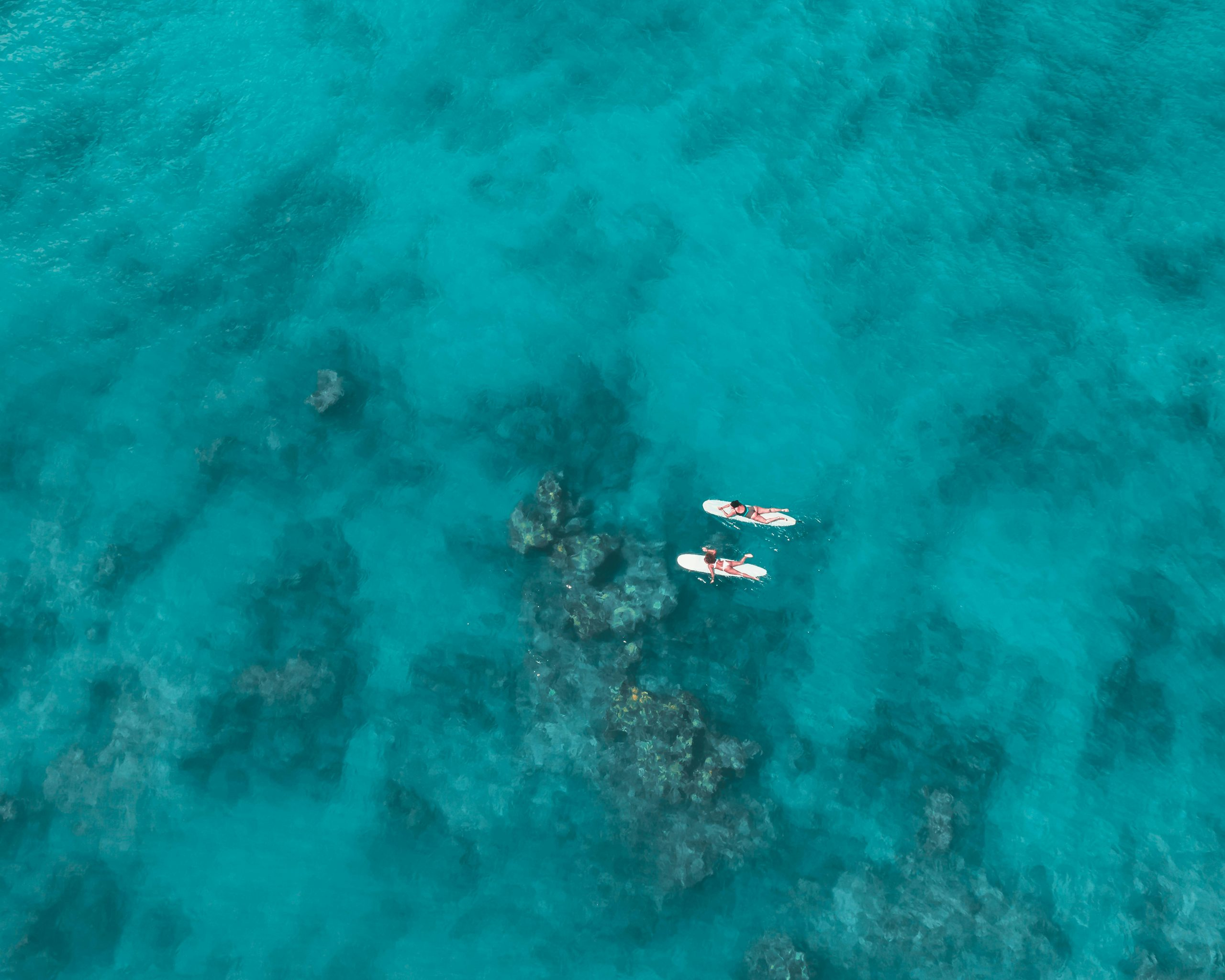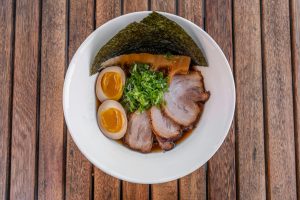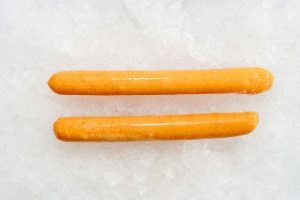Ocean Plastic-Free “Seafood”: Algae-Based Substitutes Saving Marine Life
The ocean is a vast and mysterious world, filled with an abundance of life. However, it is also facing a crisis caused by human behavior – plastic pollution. Every year, millions of tons of plastic end up in our oceans, endangering marine life and damaging fragile ecosystems. As a result, many organizations and individuals are actively seeking solutions to reduce and ultimately eliminate plastic waste from our oceans. One promising solution is the development of ocean plastic-free “seafood” alternatives made from algae. These substitutes not only offer a sustainable and eco-friendly option for seafood lovers, but they also have the potential to save marine life from the devastating effects of plastic pollution.
The Devastating Impact of Ocean Plastic Pollution
Plastic pollution is one of the most pressing environmental issues of our time. It is estimated that there are currently over 150 million tons of plastic in the world’s oceans, with an additional 8 million tons being added every year. This amount is equivalent to dumping one garbage truck full of plastic into the ocean every minute.
The consequences of this plastic pollution are far-reaching and catastrophic. The majority of marine animals, from sea turtles to whales, mistake plastic for food and ingest it, causing physical harm, suffocation, and even death. Additionally, plastic debris damages marine ecosystems, including coral reefs and seagrass beds, disrupting their fragile balance and causing harm to the species that rely on them for survival.
Plastic waste also poses a serious threat to human health. Fish and other seafood that ingest plastic particles can end up on our plates, exposing humans to toxic chemicals and microplastics. These tiny particles can enter our bodies and cause a range of health issues, from hormonal disruptions to cancer.
Algae-Based Alternatives: A Sustainable Solution
As the damaging effects of plastic pollution become increasingly evident, the demand for sustainable seafood options is on the rise. This is where algae-based substitutes come into play. Algae, a diverse group of aquatic plants, are gaining attention as a sustainable and nutritious source of food. Not only are algae abundant and fast-growing, but they also do not require arable land, freshwater, or fertilizers to grow, making them a highly sustainable food source.
Researchers have found that algae can be transformed into a variety of seafood-like products, from “crab” cakes to “shrimp” cocktails. These products imitate the taste and texture of popular seafood, making them a viable option for seafood lovers. Unlike traditional seafood, algae-based substitutes are 100% free of plastic contaminants, making them a safe and healthy alternative.
Moreover, algae-based “seafood” products are a win in terms of reducing carbon emissions. As much as 20% of all global greenhouse gas emissions come from the fishing industry, including the emissions from manufacturing and transporting seafood products. By switching to algae-based alternatives, we can greatly reduce these emissions, making it a more eco-friendly option.
Saving Marine Life, One Bite at a Time
The environmental benefits of algae-based substitutes are clear, but how do they help save marine life? By reducing the demand for traditional seafood, these alternatives can help minimize the fishing pressure on our oceans. This, in turn, reduces the likelihood of bycatch – the accidental catching of non-target species – which is a major threat to many marine animals, including dolphins, sea turtles, and seabirds.
Furthermore, algae-based seafood can help address the issue of overfishing. As the global population continues to grow and demand for seafood rises, overfishing has become a major problem. Many fish populations have been depleted, resulting in the collapse of entire ecosystems. Algae-based substitutes offer a sustainable and ethical option to help alleviate the pressure on our already-stressed oceans.
Join the Movement for A Plastic-Free Ocean
The ocean plastic crisis requires urgent action. By choosing algae-based alternatives over traditional seafood, individuals can make a significant impact on the health of our oceans and marine life. As more people become aware of the benefits of these substitutes, the demand for plastic-free seafood will continue to grow, leading to a more sustainable and plastic-free future.
In conclusion, the development of ocean plastic-free “seafood” alternatives made from algae is a promising solution to the plastic pollution crisis. Not only do these substitutes offer a sustainable and eco-friendly option for seafood lovers, but they also have the potential to save marine life and reduce the negative impact of plastic pollution on our oceans. Let us all join the movement for a plastic-free ocean, one bite at a time.











